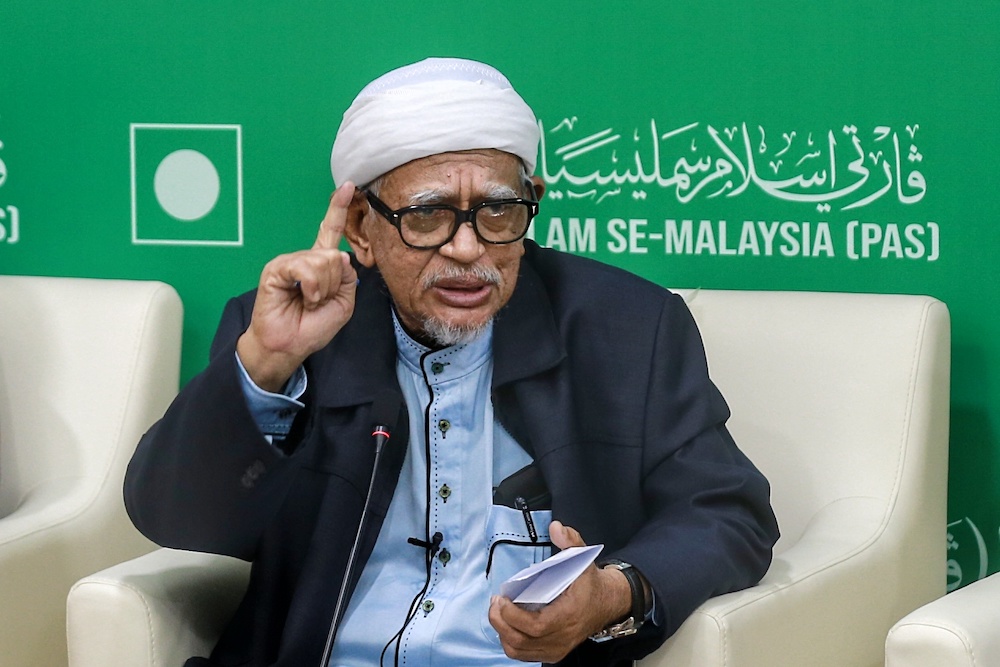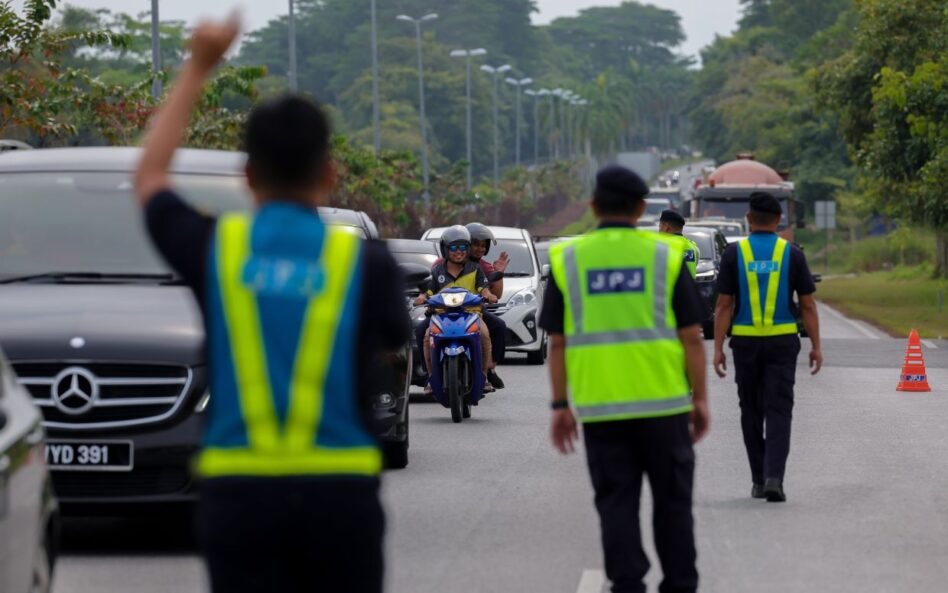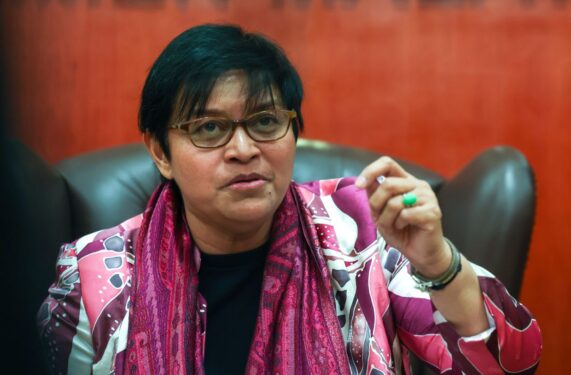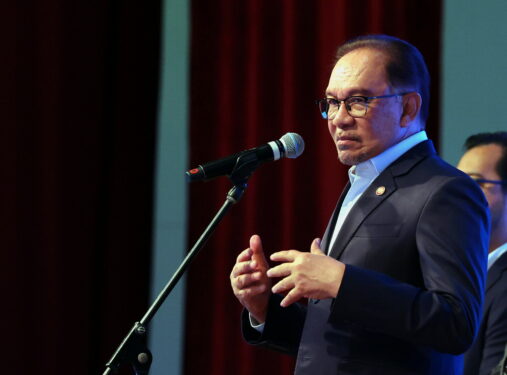A LOCAL study that PAS based their non-Bumiputeras and non-Malays being the “roots of corruption” position on also included a disclaimer about its findings not being generalisable.
PAS central committee member Dr Mohd Zuhdi Marzuki recently defended party president Tan Sri Abdul Hadi Awang for making the controversial statement last month, saying it was based on an unnamed local survey.
According to him, between 2010 and 2014, 88% of 449 people who were convicted of giving bribes were non-Malays: 57.46% were Chinese, 30.51% were Indians and only 12.03% were Malays.
This was the same finding published in The Size and Costs of Bribes in Malaysia: An Analysis Based on Convicted Bribe Givers paper written by lecturers Dr Christine Siew-Pyng Chong and Prof Dr Suresh Narayanan and published in the Asian Economic Papers journal in 2017.
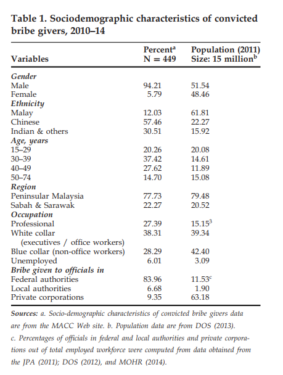
In the peer-reviewed study, the authors noted that the data set they used – based on publicly listed information from the Malaysian Anti-Corruption Commission (MACC)’s website – had several limitations and could not be generalised.
This is because the data set was not randomly drawn from the population and the number of cases and data reliability for each year are dependent on how quickly and completely the data was uploaded.
The data set also excludes several groups, namely those who did not engage in bribery, those who did not get caught, and those who did and were caught but could not be convicted.
“These omissions are likely to bias our estimates,” they added. “Unfortunately, there are no ready means to correct this selection bias.”
“Most bribe-giving took place among Malays”
Even though Malays only made up a smaller proportion of bribe-givers in the study, the authors noted that they have a higher probability of offering larger bribes.
This is as most instances of bribe-giving under review took place among Government employee dealings, most of whom are Malays.
Even so, the paper’s authors also found that the bribes given to them are generally lower than those offered to private sector employees.
“State and federal public sector employees received about 71% and 64% lower bribes, respectively, when compared with bribes paid to private sector employees who accounted for just 9% of bribe recipients,” they said
Between 2010 and 2014, the 449 respondents convicted for bribery sought to avoid fines totalling RM83.9 mil and gain an additional RM262.7 mil for themselves by swaying decisions in their favour.
The duo concluded that both the size of bribes and probability of paying a large bribe were found to be positively and significantly associated with the size of fines and length of imprisonment avoided through bribery.
However, the size of bribes and probability of paying a large bribe decreased with the length of imprisonment.
Based on these findings, the authors concluded that a reduction in human involvement in apprehending bribe givers, stricter enforcement, higher conviction rates and more severe punishments could discourage bribes.
Hadi is currently being investigated over his “roots of corruption” statement, under Section 505 (c) of the Penal Code for issuing statements likely to incite the public and Section 233 of the Communications and Multimedia Act 1998 for improper use of network facilities or services.
The Marang MP has since said he will defend himself if the matter is brought to court. – Sept 8, 2022
Main pic credit: Malay Mail


